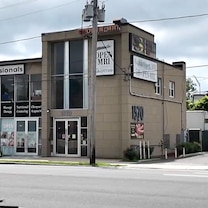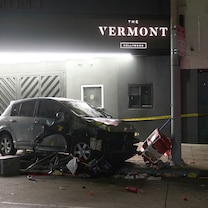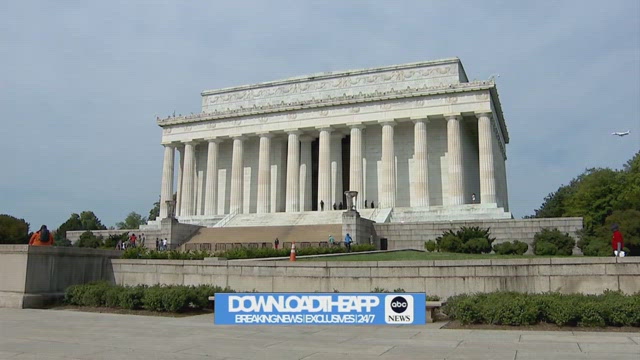Experts Warn Housing Slump Not Done, Plus Credit Card Debt Rising
With rising gas prices, many commuters are moving closer to cities.
June 18, 2008 -- The housing crisis, gas crisis and credit crunch are combining to force changes in peoples' lifestyles, and one of the most remarkable changes is a move from the suburbs back to cities.
Mike and Lyeng Boseman are a case in point.
The couple fled the high cost of life in Los Angeles and settled for a more affordable life in suburban Encino, Calif. But their commute into downtown Los Angeles took two and a half hours daily.
One year and nearly 200 tanks of gas later, the Bosemans said they did the math and realized they weren't saving any money at all.
"About every four days, we went through a whole tank of gas," said Mike Boseman. "I went through a lot of gas!"
The Bosemans abandoned suburbia, and their car, and moved to neighboring Pasadena.
"The public transportation system is really great," said Mike Boseman, "It only takes about 35 minutes from door to door."
Others in California are being driven back to the city after losing their suburban homes in the wave of foreclosures.
Nine of the top 10 metropolitan areas with the highest rate of foreclosure are all in California or Florida, according to Alexis Glick, host of the Fox Business Network's "Money for Breakfast."
The housing crisis isn't over. The median price of homes in Southern California plunged 26.7 percent in May, the biggest drop since 1988, according to a real estate research firm DataQuick Information Systems.
And Santoli doesn't expect the crisis to end — or the suburban exodus to slow — until sometime early next year.
"Right now, we have a full year's worth of unsold homes on the market, based on the current monthly rate of sales, so it's a lot of inventory to plow through," said Michael Santoli of Barron's magazine.
"One thing that happened during the housing boom, the average size of a new home boomed," said Santoli.
"The larger homes are more expensive to cool and heat. I don't think people will cut off parts of their homes, but new ones will be more compact," Santoli said.
One of the rediscovered attractions of urban living is mass transportation and in a mini-housing boom, more commuters are moving to be near train stations, and ridership on urban transporation systems is zooming.
More than 30 major U.S. cities, including Denver, Charlotte, N.C., and Portland, Ore., are investing millions in public transportation.
"Mass transportation infrastructures in places like New York are helping people," said Glick, "But if you live a half-hour from a grocery store or your job, you're feeling the pain more than ever."





